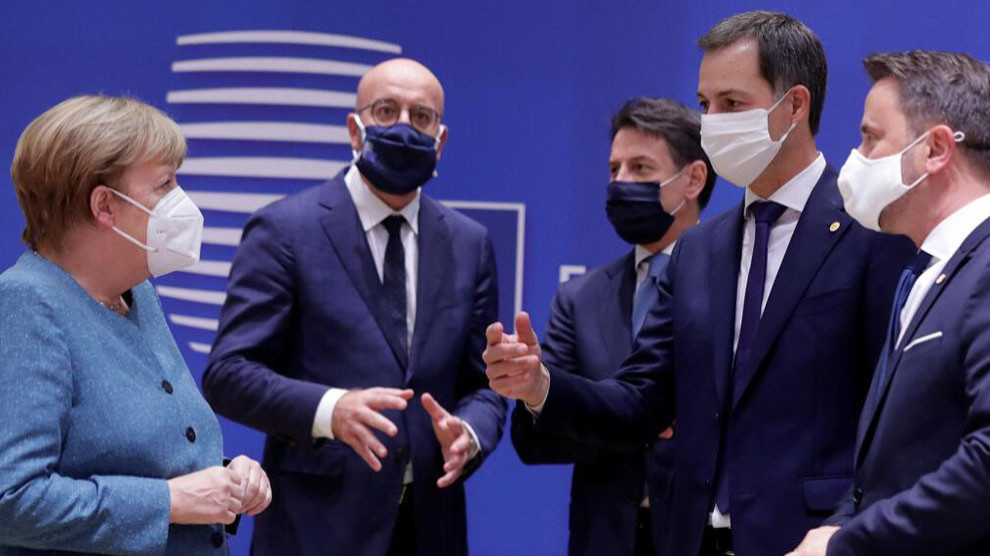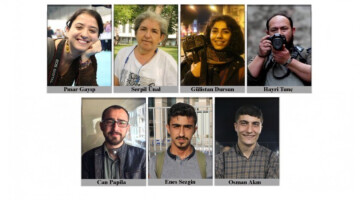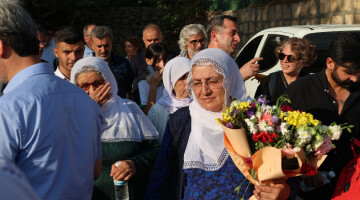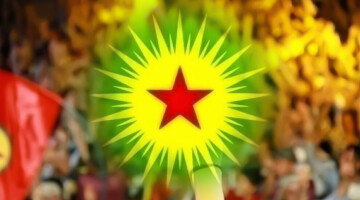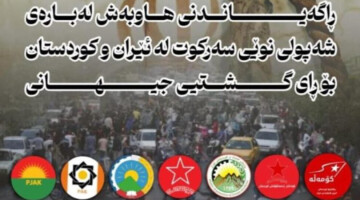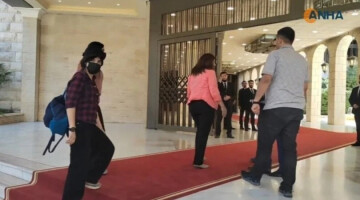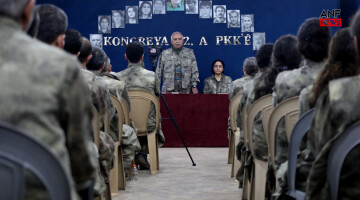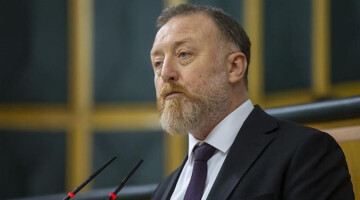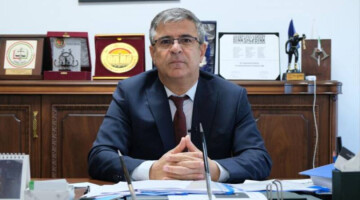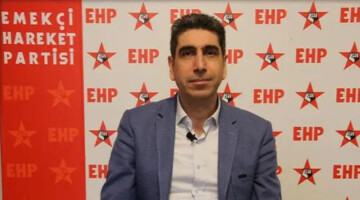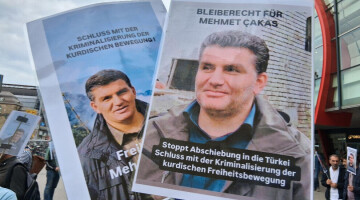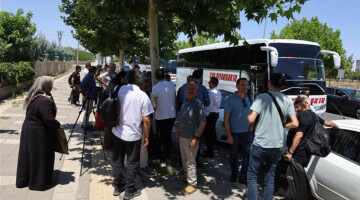As analysts had already expected in the run-up to the EU special summit in Brussels, no sanctions whatsoever were imposed because of the aggressive escalation policy of the Erdoğan regime in the conflict with Greece over sea areas off Cyprus. Instead, the EU announced as a maximum offer to maintain the threats of sanctions against Turkey. Germany had used its full weight in favor of Turkey in the run-up and prevented sanctions, as well as mediating a dialogue on the natural gas issue between Athens and Ankara.
Threats of sanctions as a negotiating tool
The threats of sanctions against Turkey were linked to the abandonment of Cyprus' blockade of sanctions against Belarus. The EU declared that it would use "all the instruments at its disposal" if Ankara was not prepared to engage in dialogue on the natural gas question. The word "sanctions" was avoided, but two articles from the EU treaties were mentioned, which are the basis for the imposition of sanctions. The EU postponed the decision on possible sanctions "at the latest" until December. The decision is particularly problematic for Cyprus because Turkey is the only country in the world that does not recognize the Republic of Cyprus and occupies the northern part of the island. Accordingly, Cyprus was not included in a dialogue. Ankara wants above all to exploit natural gas deposits off the southern Cypriot coast.
Merkel: "Constructive Agenda with Turkey”
German Chancellor Angela Merkel therefore stressed that Ankara must now also end "the provocations and pressure" against Cyprus, that the EU wants to call for "a constructive agenda with Turkey" if efforts to reduce tension in the eastern Mediterranean are successful. This applied to "cooperation on the refugee issue" and "the expansion of the customs union". These statements appear cynical in two respects. Not only is the humanitarian catastrophe on Lesbos a consequence of the dirty EU-Turkey deal, the situation of refugees who are being held in Turkey is also unacceptable. Child labor, deportations to war zones and chain deportations in violation of international law are the order of the day. Merkel's appeasement policy also seems more than inappropriate in light of the Turkish attacks on Armenia and the transportation of jihadists from Syria to Azerbaijan, who are internationally outlawed as terrorists, in order to fight against Armenia.
Macron calls for clarification on jihadist transport to Azerbaijan
On the subject of Artsakh (Nagorno-Karabakh), the summit only just managed to get a demand for "an immediate end to the fighting". In contrast to Germany, French President Emmanuel Macron called on the Turkish government to provide clarification on the alleged transfer of 300 jihadist mercenaries from Syria to Artsakh. Macron called this action the crossing of a "red line". France is one of the states within the EU that is critical of Turkey and takes a political stand against Turkey in Libya, the eastern Mediterranean and the Caucasus.

